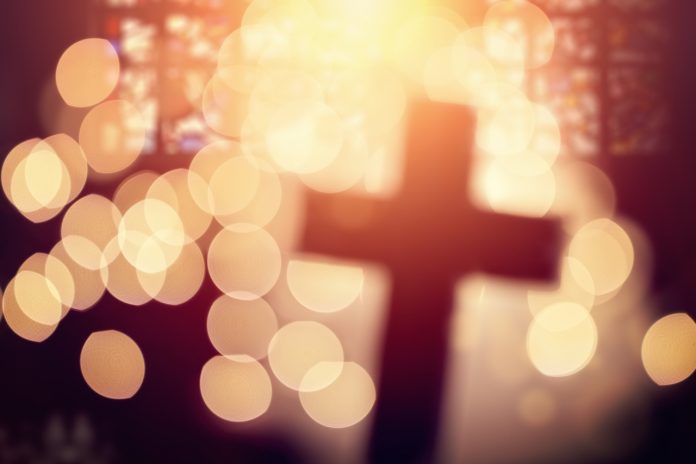Needless to say, the past six months have proven to be difficult for the functionality of the local church as a result of the pandemic. Regardless of where you stand on the issues from a political standpoint and whether or not you see this COVID-19 as a genuine pandemic—the cultural mandates have been impactful for the worship and functionality of the church.
As we look back over this season in our history, how will this COVID-19 season impact local churches as a whole? Although it has had a financial impact in some cases and brought about various different challenges, there are two distinct marks that COVID-19 will leave upon local churches.
Expose the False Believer
Many local churches have a certain number of members who are not true Christians. They come to church for various reasons. In some cases, it’s social and familial. In other cases, it’s traditional or financial. As we see in the parables in Scripture, not all of Israel was Israel. Today, we can certainly say that everyone claiming to be the church is not the church. In Matthew 13, Jesus tells a parable that involves good seed and weeds. The good seed represents the true believer whereby the weeds represent unbelievers. Often the weeds are among the good seed.
God can use persecution or pandemics to expose false believers. We are living in a day where some people have continued to keep much distance between themselves and their local church—although their lives have returned to normal on many different levels. When you see people returning to recreation, going on vacations, reporting to work, and yet remaining socially distanced from their local church and barring themselves from the Lord’s Table for 6 months—it appears that everything else is essential business except the church.
While attending a preaching workshop in Arkansas recently, one pastor was explaining to me that he expects that some of the people in his church will never return. He believes their faith was never genuine in the first place. Through this pandemic, it has exposed them as merely having a traditional habit of church attendance rather than a genuine relationship with Christ.
Spiritual Maturity
The challenges faced by the pandemic has strengthened many people in the local church. Even the genuine believers who have not been able to return to normal life—including their church gathering. They have used technology to the best of their ability, made intentional connections with their church online, and refused to forsake the fellowship of the saints. Even through the challenges—they have experienced spiritual growth.
Through all of the fear and political jargon—many have returned to the assembly of their local church and their faith has been strengthened as a result. They have learned to have an increased trust in the sovereignty of God in the midst of the disease. They have likewise learned to live with the reality that we live in a fallen world filled with sickness, disease, and death. We will all die—yet we trust in the Lord for our next breath.
Some true believers have experienced spiritual growth by contracting COVID-19 and walking with the Lord through the process of disease and trusting in the Lord for restoration of health. This has been a means whereby families have had to learn to trust in our God and pray with hearts pleading for restoration. In some cases, their loved one has recovered while in other cases, they held the hands of their family member as they slipped off into eternity. Even then, the church looks to God and trusts that he guides and controls the steps of us all. Whether we live, or whether we die—we are the Lord’s.
As we continue to look to the future and navigate these challenges, may the Lord grant us patience with one another and wisdom to see through the political dust storm with clarity. As we make decision, may the Lord enable us to trust him as we return to worship and normal Christian fellowship in a way that honors Christ and shows the world what real fellowship looks like in the minds of confusion, isolation, and darkness. May God’s church shine brightly—like a city set on a hillside in the dark of night.
Josh Buice, deliveredbygrace.com














